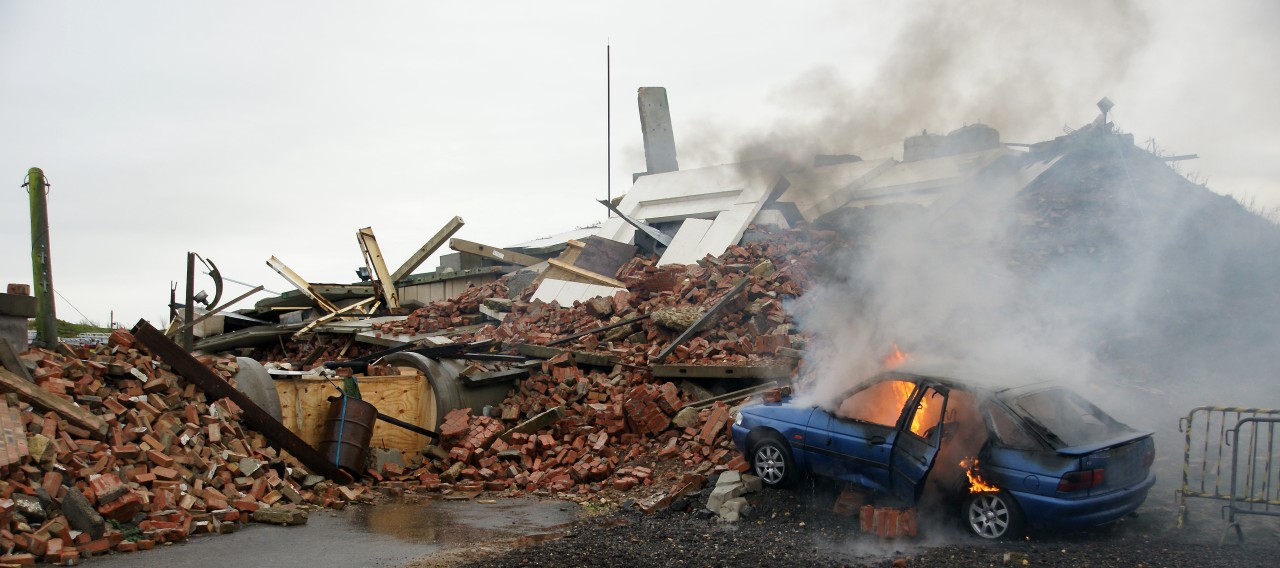Part 1 in a Four-Part Series by Neal McNamara, Tim Czmiel and Truc To
First and foremost, the war in Ukraine is a humanitarian tragedy and our sympathies and prayers go out to the people of Ukraine, including the millions who have fled to neighboring countries and face uncertain futures. We commend those who have volunteered or donated to emergency relief efforts, including the American Red Cross.
As responsible business leaders, we must also begin to understand and reconcile the coming business impacts from this multi-faceted geo-political event. As advisors, every day our clients ask us to think through and quantify risks and impacts to their businesses, and in this context, we now must factor secondary and tertiary effects of the devastation to the economy of Ukraine and from a sanctioned and increasingly isolated Russia.
It is widely understood, of course, that Western companies are being required to shut down operations in Russia (or are doing so as a result of public pressure), raising the global price of oil, natural gas and coal, and exacerbating inflation in the United States and Europe. Less understood are a variety of other coming shocks from the conflict:
- Shortages of grains and crop fertilizers could cause severe food shortages around the globe, potentially leading to social unrest, especially in the Third World. Ukraine and Russia together account for 29% of global wheat production and 19% of the world’s corn. Europe looks to Russia for 25% of the key crop nutrients nitrogen, potash and phosphate. Globally, Russia accounts for 15% of nitrogenous fertilizers and 17% of potash fertilizer exports, according to the Food Policy Research Institute.
- S&P has placed Russia into “selective default” on its debt, because bondholders have only been offered payments in rubles (resulting from international sanctions on Russian foreign reserves).
- 90% of the highly purified, semiconductor-grade neon gas needed in the production of computer chips used by U.S. industry comes from Ukraine, according to the Center for Strategic & International Studies. The global automotive industry is already reeling from a prolonged shortage of chips. For other sectors of the economy, chipmakers have increased inventories and have been frantically reaching out to lock in alternative suppliers of high-grade neon. However, as the Ukraine conflict drags on, the supply chain situation may worsen.

